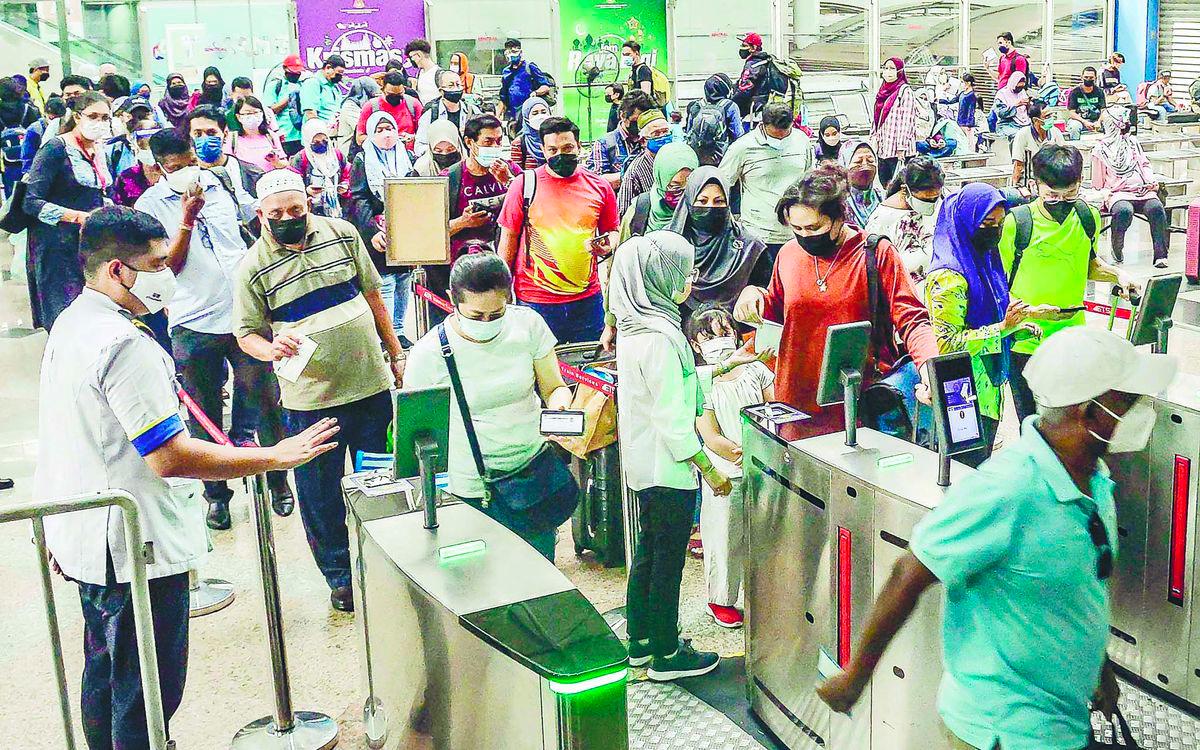PETALING JAYA: As Covid-19 cases surge in neighbouring countries, Malaysian health experts are highlighting the potential risks posed by the JN.1 subvariant of Omicron. Should another outbreak emerge, they warn that Malaysia remains vulnerable due to a combination of factors, including waning population immunity and reduced public vigilance.
Infectious disease specialist at UKM Medical Centre, Assoc Prof Dr Petrick @ Ramesh K. Periyasamy said the JN.1 strain carries unique mutations that make it significantly more transmissible than previous subvariants.
“JN.1 features additional mutations in the spike protein, which may contribute to its ability to evade immune protection from previous infections or vaccinations.
“While there is no indication it causes more severe illness, its heightened transmissibility can lead to surges that strains healthcare systems.”
Petrick said Malaysia, like many other countries, is currently facing conditions that could allow Covid-19 to resurface, such as declining booster uptake, relaxed public health protocols, increased indoor gatherings and fading public concern.
Despite Malaysia’s improved readiness compared with the early stages of the pandemic in 2020, he cautioned that public awareness of JN.1 remains low, and “Covid fatigue” has made many individuals complacent.
“Covid fatigue is a real challenge. Many high-risk individuals, particularly the elderly, have yet to receive updated boosters and public awareness of newer variants like JN.1 remains low.”
He identified several areas of concern such as systemic weaknesses, including limited genomic surveillance, reduced testing capacity and overall healthcare system fatigue.
To mitigate potential risks, Petrick recommended reviving public awareness campaigns, reinstating accessible testing and preparing contingency resources such as personal protective equipment and oxygen reserves to ensure healthcare systems are prepared.
He also urged the government to maximise the use of digital tools such as MySejahtera to issue alerts and track booster appointments.
“Digital platforms can play a key role in keeping the public informed and encouraging protective measures,” he added.
Meanwhile, Malaysian Medical Association president Datuk Dr Kalwinder Singh Khaira echoed concerns about the nation’s healthcare manpower capacity, warning that staffing shortages could compromise response efforts during a potential surge.
“One area we need to give particular attention to is manpower, as shortages can have an impact on the delivery of care,” he said.
However, Kalwinder noted that Malaysia is better prepared than it was during early waves of the pandemic. He said pandemic preparedness has become a core topic within the medical fraternity, with the Health Ministry actively monitoring the situation and implementing preventive strategies.
“Covid-19 still poses a serious risk, especially among the vulnerable. We must stay vigilant. We are confident that the ministry and its agencies are taking appropriate steps to respond swiftly if cases rise again.”









